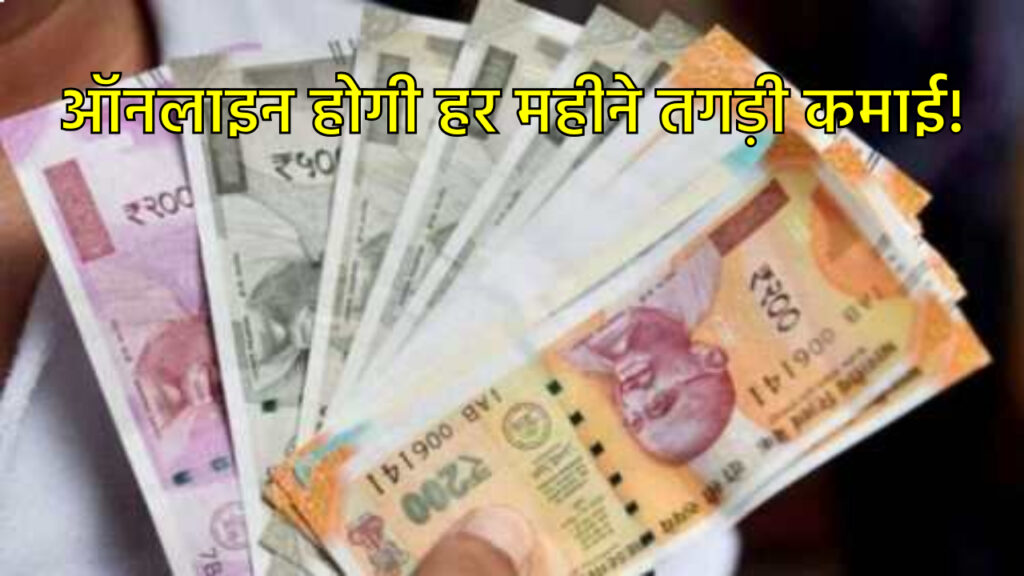FD & PPF : FD (Fixed Deposit) and PPF (Public Provident Fund) are quite popular as investment instruments for those looking for low-risk instruments. Fixed Deposit is a type of financial instrument in which a person invests a lump sum amount for a fixed period. The interest rate on it is fixed. Its duration can range from a few days to 10 years. Public Provident Fund is a long-term investment program launched by the Government of India to promote retirement planning and savings. It has a lock-in period of 15 years. It can be extended in blocks of 5 years. After all, what is the difference between these two investment instruments, what are the advantages and which one is better, let’s discuss here.
Type of investment
FD is a type of investment in which a person deposits a lump sum amount for a fixed period and receives interest on the deposit. While PPF is sponsored by the Government of India. In this, a person can invest up to Rs 1,50,000 annually at once or in 12 installments for 15 years.
Interest rates
The interest rate on FD is different in every bank or financial institution. It also depends on the size of the deposit amount and the period of investment. Interest rates on FD generally range between 3.5% to 9.0% per annum. While interest rates on PPF are determined by the Government of India. The government announces the rates every quarter. The current interest rate for the first quarter of FY 2024-2025 is 7.1% per annum.
Difference in terms of liquidity
FD has less liquidity as compared to PPF. If one needs to withdraw money from FD before maturity, then he has to pay a penalty. According to ICICI Director, partial withdrawal is allowed after completion of five years of investment in PPF. However, full withdrawal is allowed after completion of the full 15-year period.
Understand the tax benefits
You can get tax benefits from both FDs and PPFs under Section 80C of the Income Tax Act, 1961. The amount of tax applicable on interest on FDs depends on the income tax bracket of the individual. However, Section 80TTB of the Income Tax Act allows senior citizens to avail higher FD interest rates and tax exemption of up to Rs 50,000 annually. The interest and maturity amount on PPF are tax-free for the investor.
How much is the risk
FD (Fixed Deposit) is a low-risk investment instrument as banks offer it, and the Deposit Insurance and Credit Guarantee Corporation protects your money up to Rs 5 lakh per depositor per bank. Similarly, money deposited in PPF is also a low-risk investment instrument as this investment option is provided by the Government of India.
How is interest calculated
In the case of PPF, the interest required to be earned or compounded is calculated once a year. All PPF deposits are eligible. In the case of FDs, either simple interest or compound interest is used to determine the interest rate. You can also use an online PPF or FD calculator to understand the returns in terms of interest.
Which is better to invest in
According to the ICICI director, if you are trying to understand which is better between PPF or FD, it depends on your investment goals and risk appetite. If you are risk averse, then both FD and PPF are great options. Those who want to invest for the future and also want to save tax can invest in PPF. Since it is backed by the government, it is safe.
In such a situation, its attraction increases even more because the interest you earn is tax free. However, it has a long lock-in period starting from the seventh year and there are only a few limited withdrawal options. On the other hand, FDs give you the freedom to choose the right period. Tax saving FDs have a very short lock-in period of five years compared to PPF. However, FDs carry a certain amount of risk and the interest you earn is taxable.
















